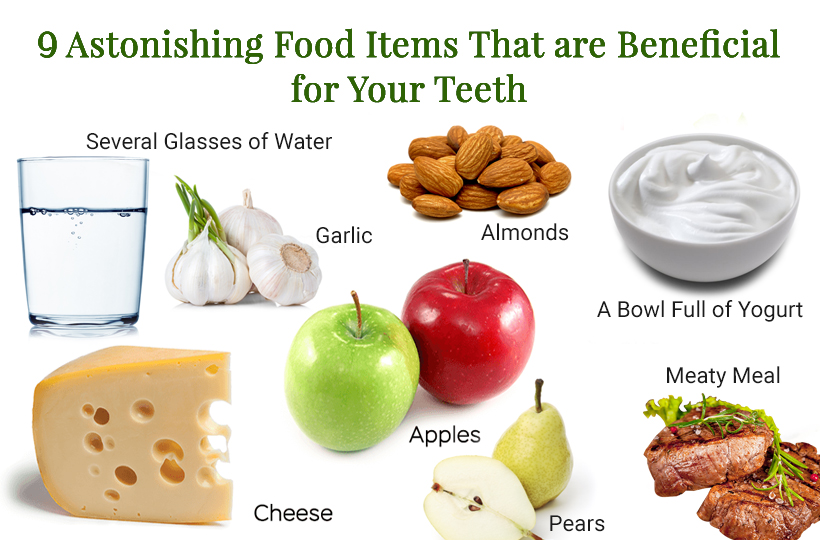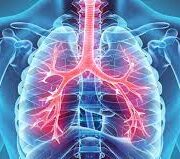Good oral health is essential for a healthy body, but did you know that it could also affect your kidneys? Recent studies have shown a surprising link between oral health and kidney disease, revealing that poor oral hygiene could lead to kidney problems. This may come as a shock to many people who have never considered the connection between their teeth and their kidneys. However, as we learn more about the intricate workings of the human body, it’s becoming clear that oral health is a crucial aspect of our overall health. In this article, we will explore the link between oral health and kidney disease, and what you need to know to prevent any potential problems. So, if you want to protect your kidneys and maintain good oral health, keep reading to learn more.
Understand link between Kidney disease and oral health
Kidney disease, also known as renal disease, is a condition where the kidneys are damaged and are not able to function properly. The kidneys are responsible for filtering waste and excess fluids from the blood and producing urine. When they are not working properly, waste products can build up in the body, leading to a range of health problems.
There is a growing body of evidence suggesting a link between oral health and kidney disease. Poor oral hygiene can contribute to the growth of harmful bacteria in the mouth, which can enter the bloodstream and cause inflammation throughout the body. This inflammation can contribute to the development or worsening of kidney disease.
Several studies have found a significant association between poor oral health and an increased risk of kidney disease. In one study, individuals with periodontal disease were found to have a higher risk of developing chronic kidney disease compared to those without periodontal disease. Other studies have suggested that poor oral health may contribute to the progression of existing kidney disease.
Inflammation: Kidney disease and oral health
One possible mechanism for the link between oral health and kidney disease is through systemic inflammation. Chronic inflammation from oral infections and other sources can lead to damage and scarring in the kidneys, impairing their function and leading to kidney disease.

Maintaining good oral hygiene habits, including regular brushing, flossing, and dental checkups, may help reduce the risk of harmful bacteria in the mouth and systemic inflammation that can contribute to kidney disease. Individuals with kidney disease should also work closely with a healthcare provider to manage their condition and reduce the risk of complications related to poor oral health.
It is important to note that the relationship between oral health and kidney disease is complex and not fully understood. Further research is needed to better understand the mechanisms underlying this relationship and to develop effective strategies for prevention and treatment.
Kidney Disease and its risk factors
Acute kidney injury: A sudden loss of kidney function, usually caused by a medical emergency or injury.
Chronic kidney disease: A gradual loss of kidney function over time, often caused by underlying conditions such as high blood pressure or diabetes.
Glomerulonephritis: Inflammation of the kidney’s filtering units, called glomeruli.
Polycystic kidney disease: A genetic disorder that causes fluid-filled cysts to form in the kidneys, leading to kidney damage.
Kidney stones: Hard mineral deposits that form in the kidneys and can cause pain and other complications.
The risk factors for kidney disease include:
Diabetes: High blood sugar levels can damage the blood vessels in the kidneys over time.
High blood pressure: This can damage the blood vessels in the kidneys and reduce their ability to function properly.
Family history: Certain types of kidney disease, such as polycystic kidney disease, can be inherited.
Age: The risk of kidney disease increases as you get older.
Obesity: Being overweight or obese can increase your risk of developing diabetes and high blood pressure, both of which can lead to kidney damage.
Smoking: Smoking can damage the blood vessels in the kidneys, reducing their ability to function properly.
Cardiovascular disease: People with heart disease are at an increased risk of developing kidney disease.
Oral health and Kidney disease connection
Several studies have been conducted to investigate the link between oral health and kidney disease. A study published in the American Journal of Kidney Diseases found that people with gum disease were more likely to develop kidney disease than those without gum disease. Another study published in the Journal of Clinical Periodontology found that people with CKD were more likely to have periodontal disease than those without CKD.
These studies suggest that there is a strong link between oral health and kidney disease, and that poor oral hygiene could be a risk factor for kidney disease. The bacteria from the mouth can travel to the kidneys and cause inflammation, which can lead to kidney damage over time.
How poor oral hygiene disease affects the kidney?
Poor oral hygiene can lead to a buildup of bacteria in the mouth, which can cause gum disease, tooth decay, and other oral health problems. When bacteria enter the bloodstream from the mouth, they can cause inflammation in other parts of the body, including the kidneys.


The kidneys play a crucial role in filtering waste products from the blood and maintaining the body’s fluid balance. When the kidneys are damaged, they cannot perform these functions properly, which can lead to a range of health problems. Poor oral hygiene can contribute to the development of kidney disease by causing inflammation in the kidneys and increasing the risk of infection.
Maintaining Oral health and preventing Kidney disease
✲ Brush your teeth twice a day with fluoride toothpaste.
Floss daily to remove plaque and bacteria from between your teeth.
✲ Use mouthwash to kill bacteria and freshen your breath.
Avoid smoking and limit your alcohol intake.
✲ Eat a healthy, balanced diet that is low in sugar and high in fibre.
Visit your dentist regularly for check-ups and cleanings.
Oral health habits to adopt for healthy Kidney
✲ Brush your teeth for at least two minutes twice a day.
Use fluoride toothpaste to strengthen your teeth and prevent decay.
✲ Floss daily to remove plaque and bacteria from between your teeth.
Use a mouthwash to kill bacteria and freshen your breath.
✲ Chew sugar-free gum to stimulate saliva production and neutralize the acid in the mouth.
Drink plenty of water to keep your mouth hydrated and flush out bacteria.
✲ Avoid sugary and acidic foods and drinks that can erode tooth enamel and cause decay.
Role of Diet in maintaining Oral and Kidney health
Diet plays a crucial role in maintaining good oral and kidney health. A healthy, balanced diet that is low in sugar and high in fibre can help prevent tooth decay and gum disease. It can also reduce your risk of developing kidney disease by keeping your blood pressure and blood sugar levels in check. Some foods that are good for your oral and kidney health include:

Fruits and vegetables: These are high in fibre and antioxidants, which can help protect your teeth and kidneys from damage.
Lean protein: This can help build and repair tissues in the body, including the teeth and kidneys.
Whole grains: These are high in fibre and can help remove plaque and bacteria from the teeth and gums.
Dairy products: These are high in calcium and can help strengthen the teeth and bones.
Water: Staying hydrated is essential for maintaining good oral and kidney health.
Some of the signs of Kidney disease that may be detected
Regular dental check-ups are important not only for maintaining good oral health but also for the early detection of kidney disease. During a dental check-up, a dentist can examine the health of your gums, teeth, and mouth, and may also check for signs of systemic conditions, including kidney disease.
Dry mouth: A dry mouth can be a sign of kidney disease, as the kidneys play a role in regulating the body’s fluid balance.
Bad breath: Bad breath can be a sign of poor oral hygiene or a systemic condition like kidney disease.
Changes in the appearance of the mouth: Swollen or bleeding gums, oral lesions, or other changes in the appearance of the mouth may be indicative of underlying health problems.
If a dentist suspects that a patient may have kidney disease, they may refer them to a healthcare provider for further testing and evaluation.
Early detection of kidney disease is important for several reasons. First, early detection can help prevent the progression of the disease and may allow for more effective treatment. Second, kidney disease can increase the risk of other health complications, including heart disease and stroke, so early detection and treatment can help reduce the risk of these complications.
Conclusion
In conclusion, good oral health is essential for maintaining overall health and well-being. Recent studies have shown a link between oral health and kidney disease, revealing that poor oral hygiene can lead to kidney problems. By maintaining good oral health habits, adopting a healthy diet, and getting regular dental check-ups and kidney function tests, you can protect your kidneys and maintain good overall health. So, take care of your teeth and your kidneys, and enjoy a healthy, happy life.






